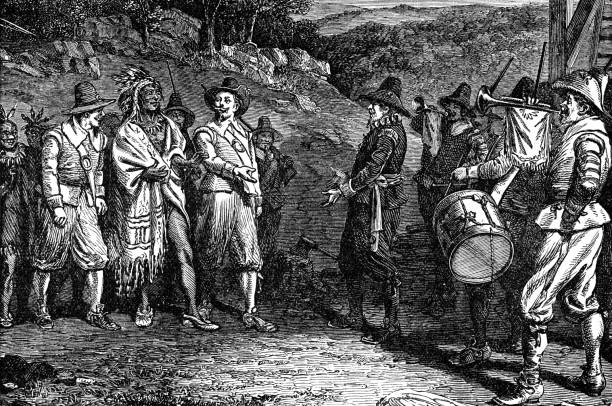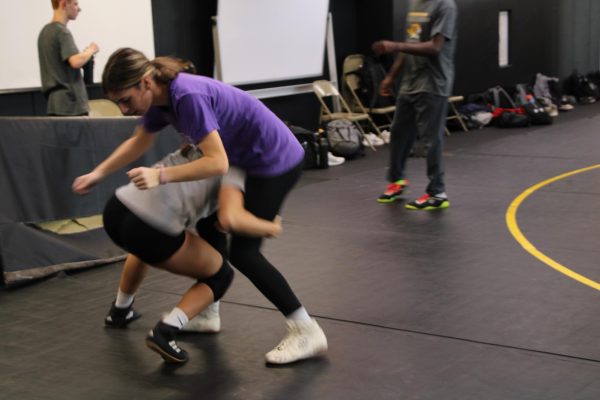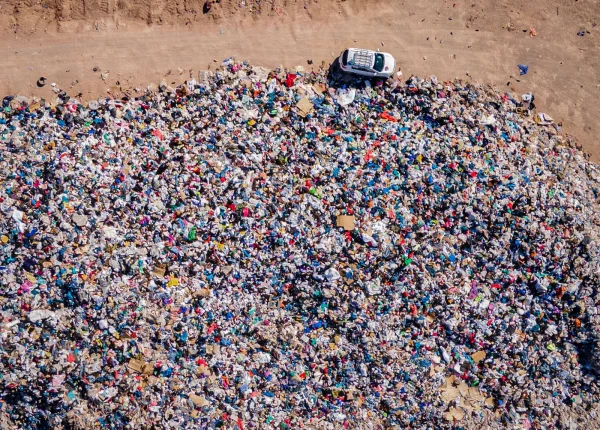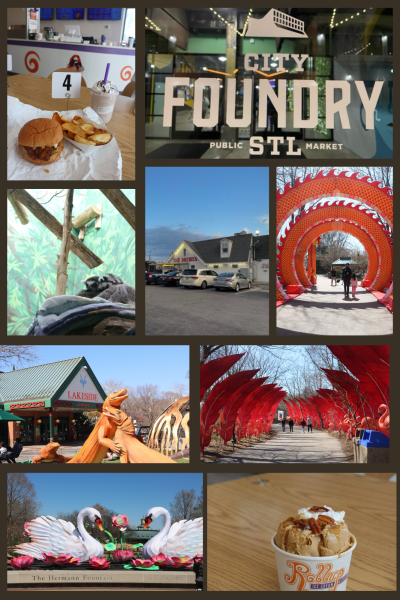The Darker Side of Thanksgiving
Massasoit was the great Indian chief who interacted with the pilgrims from the first original colony. He lived from 1581 to 1661.
Thanksgiving is a beloved American holiday that has brought people together for decades. However, the family, food and football oriented holiday has darker origins than we were ever taught in school. Discussions around Thanksgiving have gained significant nuance in recent years, and new light is being placed on the atrocities committed against Native American Tribes during the Pilgrims settlement.
Many of our first experiences learning about the origins of Thanksgiving took place in a classroom, where we dressed in costumes, made crafts, watched movies and ate snacks in order to celebrate and explore the holiday. While we were creating hand turkeys and watching Charlie Brown, we learned and internalized the idea that Thanksgiving is founded on unity, togetherness and putting aside our differences.
In 1620, the settlers took ship on the Mayflower, taking a harrowing journey from Europe to North America. Many died on the way, and after they arrived, many did not have the skills to survive through the first winter. Almost 50 percent of the travelers died by the first winter. As more and more colonists came to America, land disputes became increasingly intense. The settlers and the Native Americans fought over land and dealt with sickness, which ran rampant through both of their communities, due to the illness brought from the settlers. However, in the midst of the land disputes and grave sickness, the Wampanoag Paramount Chief, Massasoit, offered help and allyship to the settlers in their fights against the French tribes. These bonds didn’t last long, however, because the settlers began to take control of the lives of the Wampanoag tribes.
Shortly after the Mayflower landed, the Pilgrims met with Tisquanto (Squanto), an enslaved member of the Patuxet Tribe. Squanto taught the pilgrims how to cultivate corn, and the bounty was reason for celebration among the settlers. From Squanto, they also learned hunting and fishing techniques. The harvest that resulted from Squanto’s help is often credited as the original Thanksgiving. This distinction paints the picture that things weren’t so bad between the Natives and the settlers. The tensions between the groups ran high, and the Native Americans were almost entirely wiped out due to sickness, making them much more vulnerable and easy to control.
We see the effects of this colonization every day. In the 17th century, Native American children were sent to American Indian residential schools, where they were forced to assimilate into Euro-American culture. The students had to give up their religions, culture and language and be made to conform to the English way of life. Residential schools played a huge role in how Native American culture is treated and understood today. Native people have never stopped fighting to reclaim the land they inhabited, but the settlers and their ancestors would not stop taking from the Native people.
Americans are often uninformed about where and who they came from, but the Native American people taught the settlers how to live off the land and feed their people. They fought alongside the settlers and offered them allyship. In return, they were slaughtered and killed by diseases that came over on the Mayflower. Thanksgiving was not founded on togetherness and unity. It was founded on violence, colonization and white supremacy.

Hi, Oakville. I'm Grace Foley, a senior reporter on the newspaper staff. This is my third year on staff, and I've learned so much in my time here. I adore...







